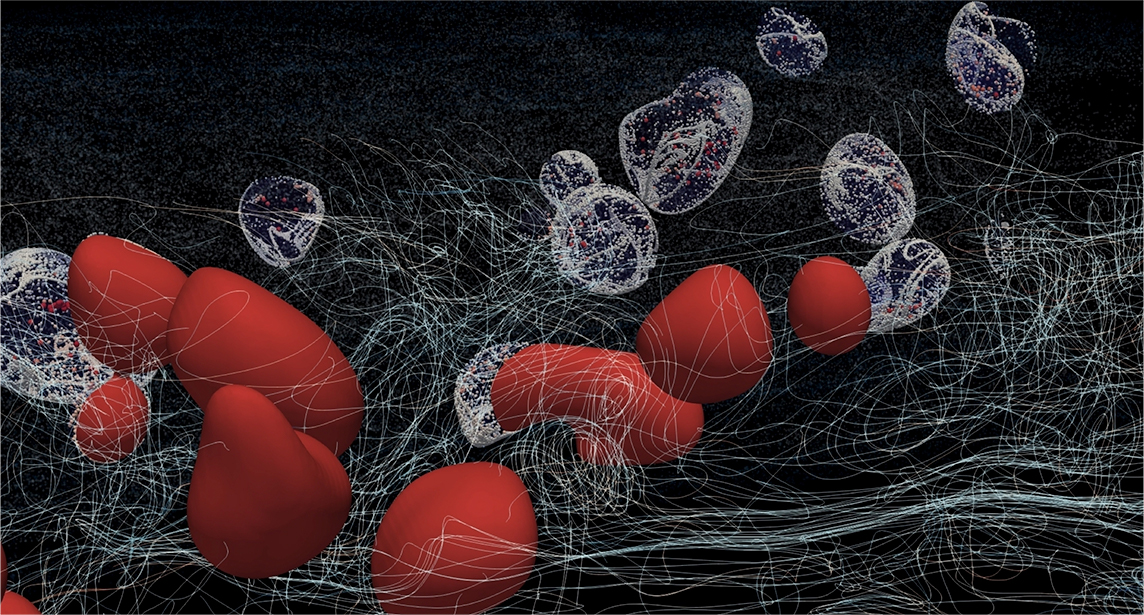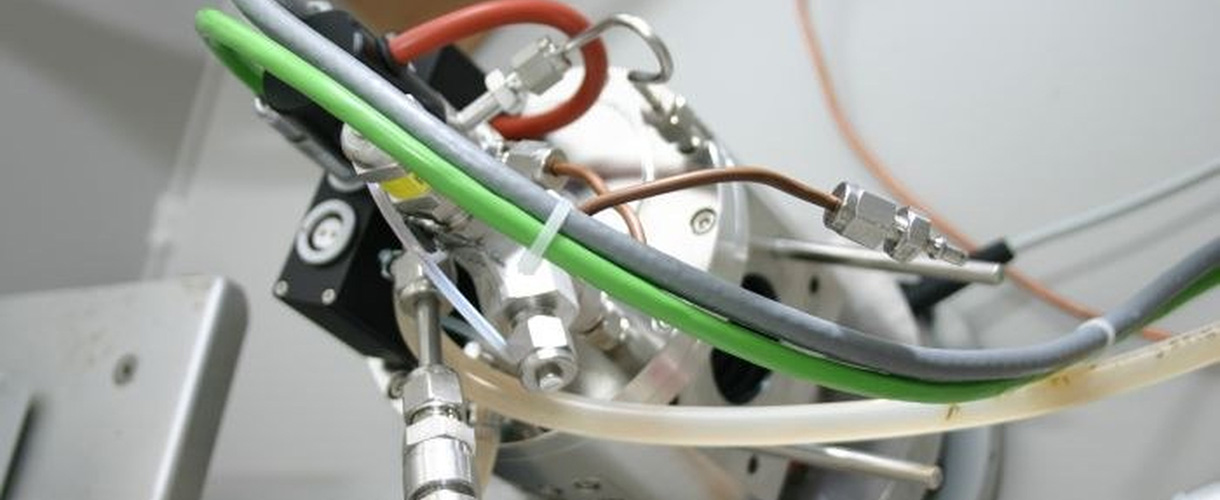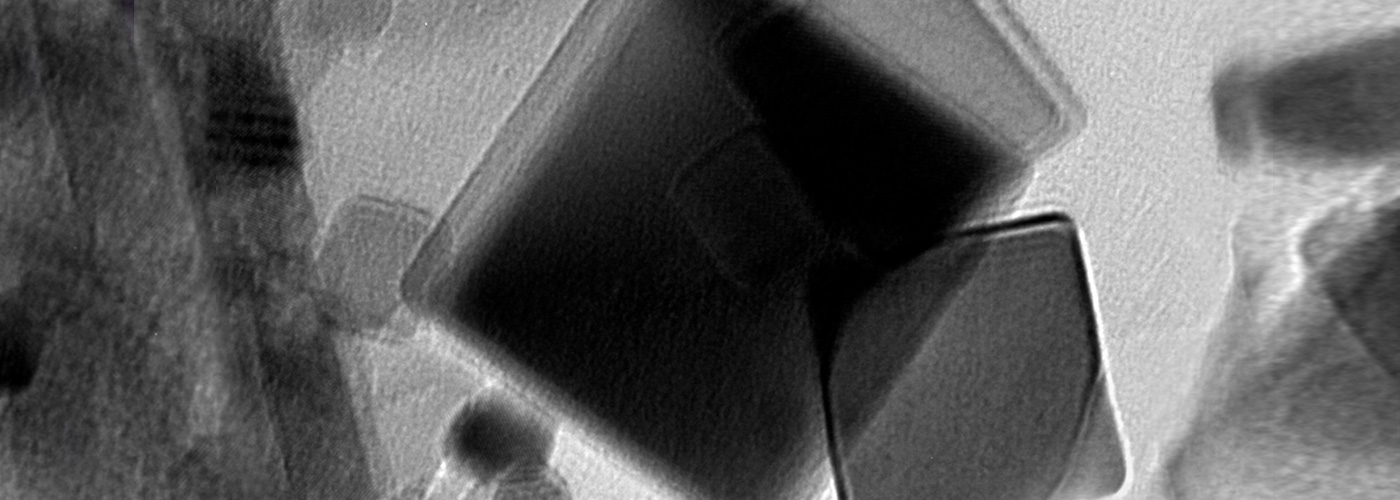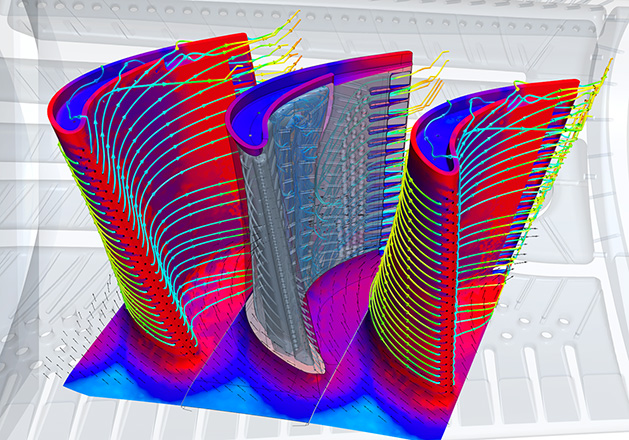Decarbonization of energy intensive processes
Docente: Maila Danielis
Numero ore: 8
SSD: ING-IND/27
Course content: The decarbonization of the industrial sector is attracting increasing attention on all levels due to the tangible effects of climate change and air pollution. However, the term «decarbonization» in itself covers a broad range of actions that can be applied to the primary, secondary and tertiary economic sectors. This short course aims at providing the necessary information and basic knowledge to discern the different technologies available for the decarbonization specifically applied to the energy-intensive industrial processes. After a first general introduction to the topic, the state-of-the-art techniques for CO2 Capture and Storage (CCS) or Utilization (CCU) technologies will be discussed. Some notes will be given on the current research outlooks. In the second part of the course, via specific examples, some relevant applications will be analyzed in detail. At the end of the course, the students will be expected to be familiar with the different CO2 abatement technologies, their pros and cons, and the key factors ruling their economical and technological feasibility. By learning the correct terminology and the current and future outlooks on carbon removal, they should be able to discern the efficiency of different solutions and propose new alternatives for the applications specific to their field.
Metodi didattici: lezioni frontali
Modalita’ di verifica dell’apprendimento: relazione finale scritta
Altre informazioni: corso erogabile in lingua inglese se necessario







